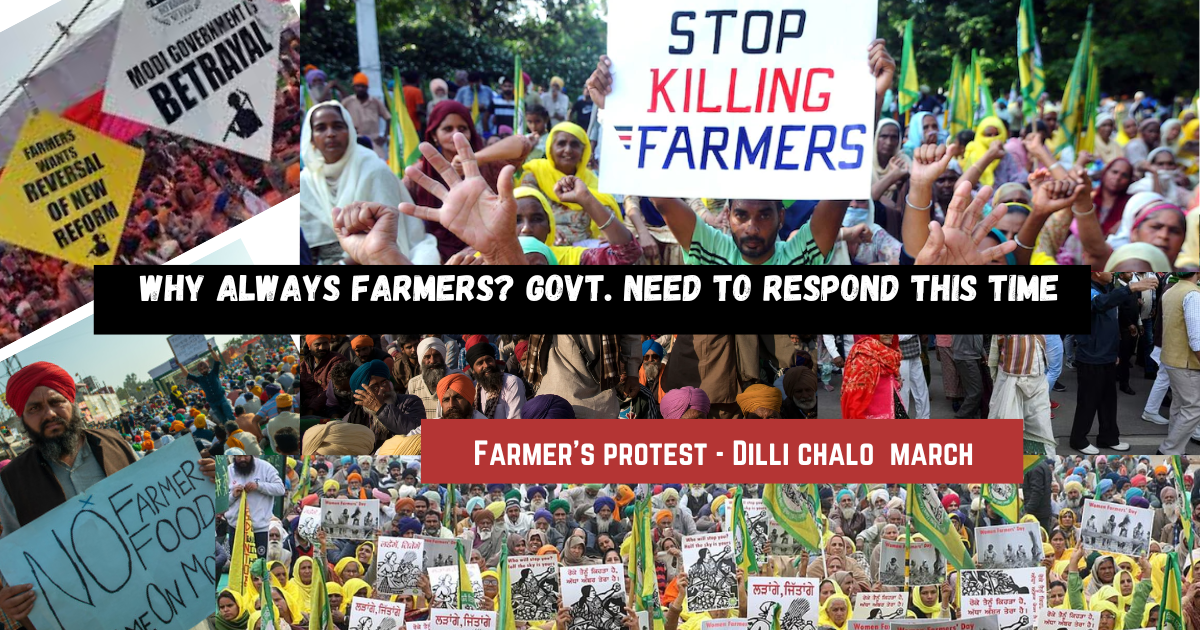Understanding the Ongoing Farmers Protest in India

The ongoing farmers’ protest in India has garnered significant attention both domestically and internationally. What began as a movement against new agricultural laws has evolved into a complex socio-political issue, sparking debates and discussions across the country. Let’s delve deeper into the latest updates and key aspects surrounding this protest.
Understanding MSP:
MSP, or Minimum Support Price, stands as a critical component of Indian agricultural policy. It serves as the government’s assurance to farmers that their produce will be bought at a predetermined price, safeguarding them from market fluctuations. The demand for legal guarantees on MSP has been one of the central demands of protesting farmers.
Recent Developments:
In recent days, tensions have escalated between the protesting farmers and security forces, particularly at the Punjab-Haryana border. A series of meetings between farmer leaders and government representatives have been held to address the grievances and find a resolution to the standoff.
Political Dynamics:
The protest has also taken on political dimensions, with various stakeholders expressing their opinions and concerns. While some political leaders have extended support to the farmers’ cause, others have criticized the movement, labeling it as politically motivated.
Economic Impact:
The prolonged agitation has raised questions about its economic implications, particularly on agriculture and related sectors. Disruptions in transportation and commerce due to road blockades and strikes have led to concerns about supply chain disruptions and economic losses.
Way Forward:
Finding a mutually acceptable solution remains paramount to resolving the crisis. Both sides need to engage in constructive dialogue, considering the welfare of farmers and the overall agricultural ecosystem. Additionally, addressing underlying issues such as agrarian distress and rural development is crucial for long-term sustainability.
Conclusion:
The farmers’ protest in India represents a significant moment in the country’s socio-political landscape. It underscores the importance of listening to the voices of farmers and addressing their concerns in policymaking. As the protest continues to unfold, it is essential for all stakeholders to work towards a peaceful and equitable resolution.